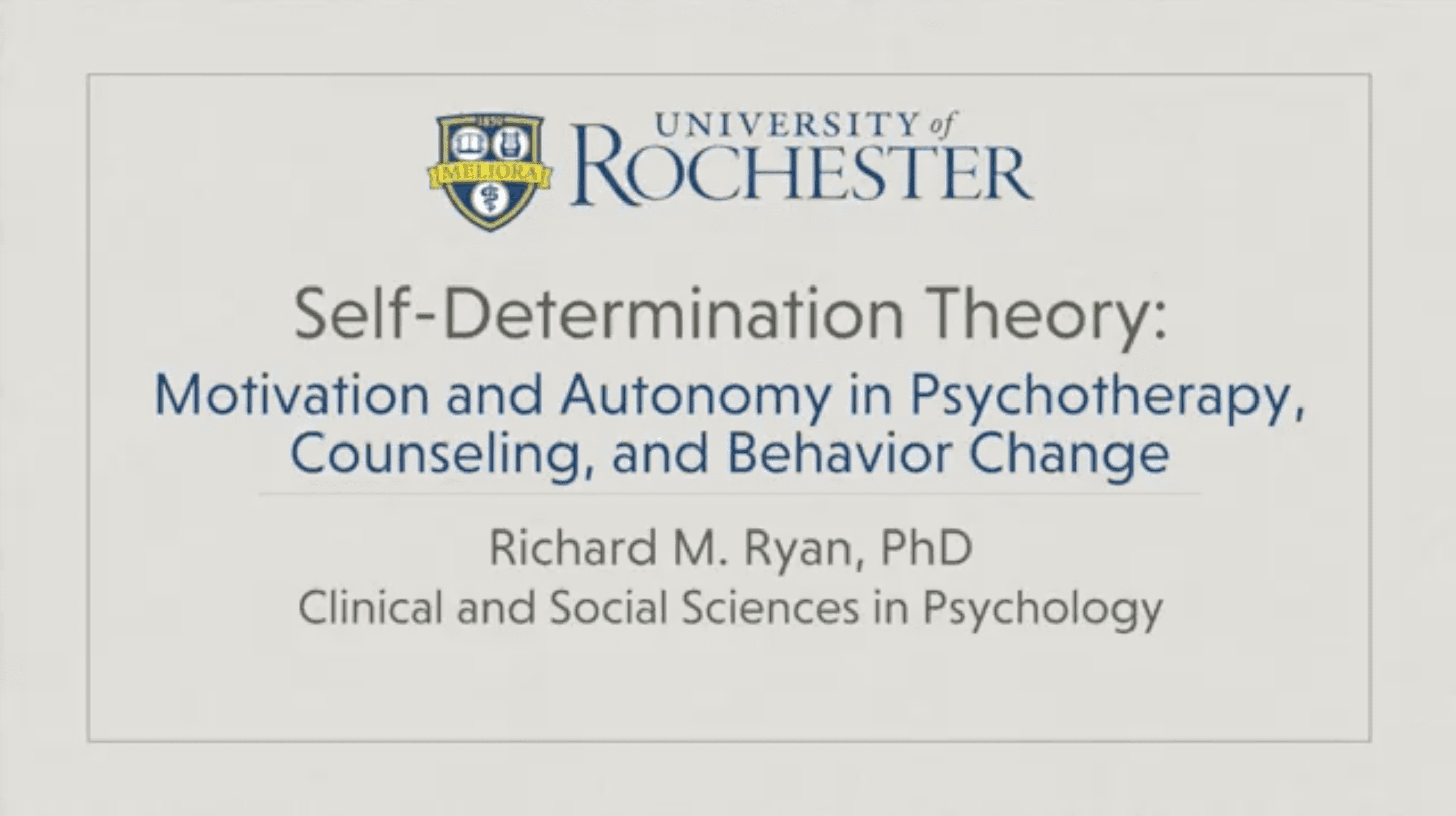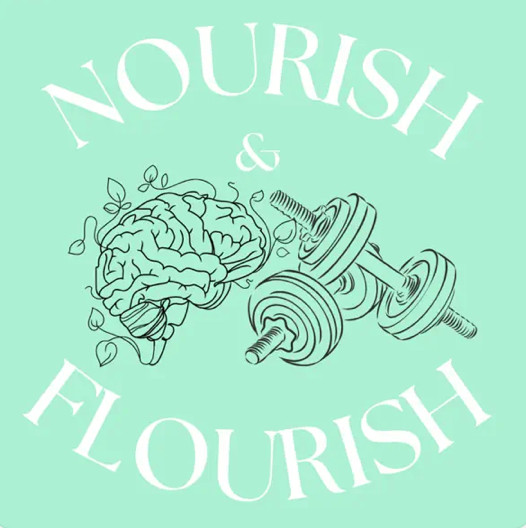
Overview
Understanding clients’ motivation is key in helping to promote personal integration, growth, and change. SDT research on psychotherapy has found, for example, that it makes a difference whether a person freely chooses to start or continue in therapy because it’s personally important to them, or whether they feel forced or pressured into doing so. In other words, whether one’s motivation for therapy is more internal, or more external, matters. But motivation, of course, can change over time, and part of that has to do with the quality of the relationship between the client and the therapist. As well, there is also a lot that we are only now starting to learn about the link between people’s psychological needs and the kind of problems they may be struggling with in life. It’s possible that many of the struggles we encounter can be traced, at least in part, to experiences in which our basic needs (for relationships, for feelings of competence, for opportunities to make personally meaningful choices) are not or cannot be satisfied.
In Practice
When clients feel listened to, valued, and understood by their therapist, they are more likely to engage in counseling for reasons that feel personally important and self-chosen. This also seems to be the case as they begin to feel more confident, in the course of therapy, that change is possible for them. Again, we are learning a lot about how the way that client and counselor work together makes a difference in the therapy; in other words, the quality of their relationship matters. As well, learning new ways to meet one’s needs for relationships, competence, and choice can be part of the work of therapy, from an SDT perspective.
Take-Aways
- SDT suggests that motivation matters: why a person chooses to come to therapy, to continue in therapy, or to stop therapy, makes a difference.
- Outcomes generally seem to be better when choices are made for reasons that are more internal (personally valued, freely made) than more external (under threat or feelings of pressure or control).
- Basic needs for relationships, for competence, and for choice are important; living in circumstances that don’t provide opportunities to satisfy these needs, whether in the short term or in the long term, can have a negative impact on one’s well-being.
- Within the framework of SDT, a therapist can help the client to explore their reasons for coming to therapy, and can work with the client to identify and to practice new ways to satisfy their needs for relationships, competence, and choice, when it seems that deprivation in one or more of those areas may be at the root of their current problems.





